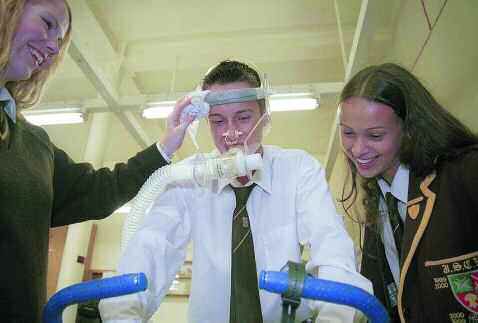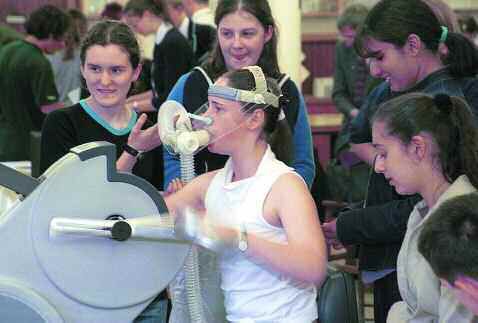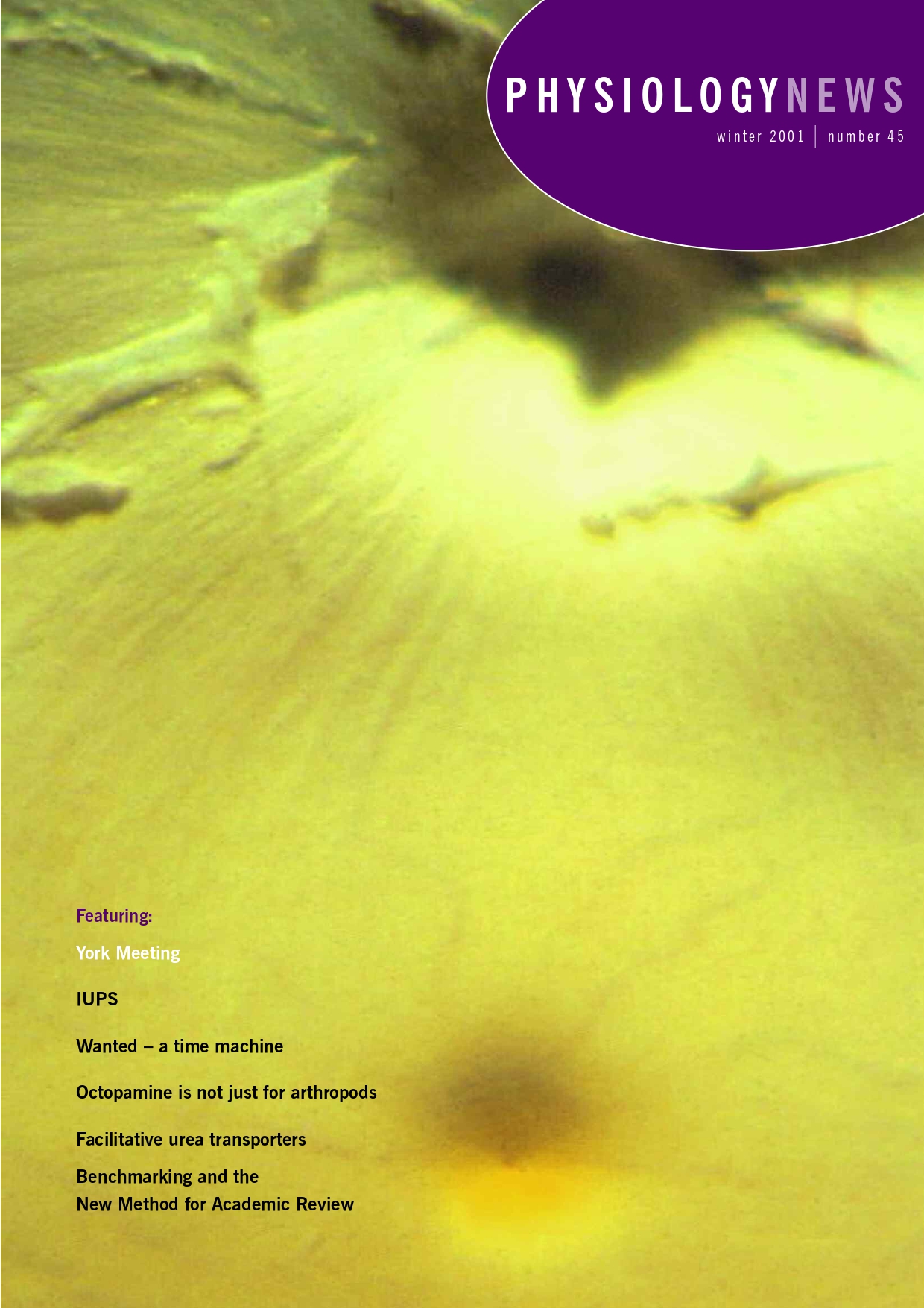
Physiology News Magazine
Ethics of Working with Human Tissues
Features
Ethics of Working with Human Tissues
Features
Dafydd Walters
Department of Child Health, St George’s Hospital Medical School
https://doi.org/10.36866/pn.45.22
Several physiologists from around the country have expressed concern about the varying advice they have received from Local Ethical Research Committees (LRECs) over whether consent is needed when human tissue is collected for research at operation, after death or from the products of conception. Professor Terry Stacey, Director of the Central Office for Research Ethics Committee (COREC) of the NHS, is aware of these problems and informs us that a new Research Governance Framework is to be released shortly which will help to standardise procedures and reduce variability.
The use of human tissue for research purposes has become a sensitive issue recently at least in the media is perception of the public’s view and in the public’s eye, following the problem of retained children’s organs particularly at Alder Hey Children’s Hospital. The consequence of this attention must be that if researchers are in any doubt about their position then it is safer to get consent to work on any human tissue. As is usually the case in physiological studies which are exploring fundamental mechanisms the results of the experiments are not directly relevant to the patient. In this case, if the tissue is “anonymised” then it may well be possible for it to be obtained without consent. However, the LREC should be approached in all cases for detailed advice.
There are several websites which give guidance on this issue and the best one is probably from the Medical Research Council. Recently, they have formulated a straightforward and clear document which can be downloaded from the web and it contains a model consent form which is very useful. The General Medical Council website is also easier to negotiate than some of the others.
The website addresses are:
http://www.mrc.ac.uk/ethics_a.html Medical Research Council
http://www.gmc-uk.org General Medical Council
http://www.doh.gov.uk/consent/refguide.htm Department of Health
http://web.bma.org.uk/ethics.nsf British Medical Association
http://www.rcpath.org/activities/publications Royal College of Pathology
http://www.rcpcph.ac.uk Royal College of Paediatrics and Child Health
A tip for researchers working on tissues which is collected from FOUR OR MORE sites and for which consent is required, is that an application need be submitted to only one committee – a Multi Centre Research Ethics Committee (an MREC). This is a regional committee. Subsequently the protocol need only be submitted to the LRECs for their rubberstamping. (It should be noted however that some LRECs can reject the application totally but cannot alter it.)


